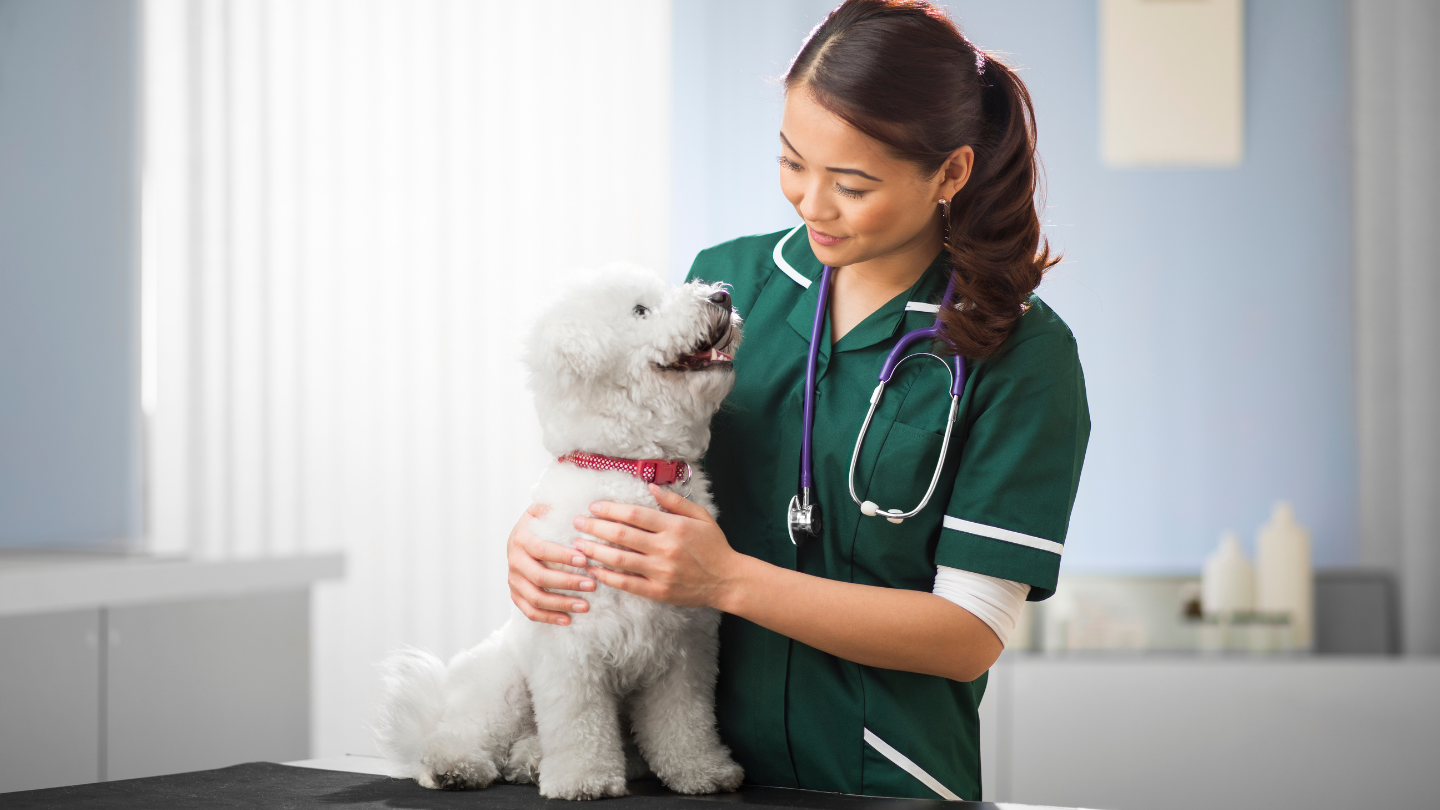As a responsible pet owner, your first priority is to ensure the well-being of your animal friend. Regular preventive care checks are crucial to maintaining your pet’s health and happiness. This article will discuss the importance of regular pet check-ups and preventive care.
Preventive care is important
Preventive care aims to maintain the health of your pet and prevent any potential issues from developing. As with humans, pets also benefit from regular health checks and early detection. Regular visits to a veterinarian near me allow the veterinarian to monitor your pet’s health, identify changes or abnormalities, and make timely recommendations or interventions.
Comprehensive Physical Examinations
A preventive care visit will include a thorough exam of your pet by your veterinarian. The examination will include a thorough assessment of your pet’s appearance, overall health, eye, ear, mouth, tooth, skin, coat, and other factors. Veterinarians will examine your pet thoroughly, from head to tail, to detect signs of illness or injury that are not immediately visible to pet owners.
Vaccinations and Parasite Control
Regular vet visits also allow veterinarians to make sure that your pet has all the necessary vaccinations and is protected against parasites. Vaccinations protect pets from contagious diseases that can be life-threatening, while parasite control helps prevent fleas and ticks as well as heartworms and intestinal parasites. Your veterinarian will adapt the vaccination schedule and parasite-control methods to suit your pet, taking into consideration risk factors, age and lifestyle.
Dental Health Assessment
Dental health is a vital part of preventive pet care. During checkups, veterinarians will examine your pet’s gums, teeth, and oral cavity to detect signs of gingivitis or plaque. Dental problems that are left untreated can cause pain, discomfort, and even systemic problems. Your veterinarian may recommend professional teeth cleanings for your pet or give you guidelines on how to maintain their oral hygiene.
Weight Management And Nutrition
Diet has a major impact on the general health and wellbeing of your pet. During preventive care exams, veterinarians can assess your pet’s nutritional needs, recommend suitable food programs and address any weight issues or dietary imbalances. Maintaining a healthy body weight is essential to ensuring the longevity of your pet and avoiding obesity-related health problems.
Behavior and Mental Health Evaluation
Preventive care often overlooks mental and behavioral health in pets. During a check-up, your veterinarian may ask about your pet’s daily routine, behavior and temperament to determine their emotional health. A change in mood or behavior may be a sign of underlying health problems, stress, anxiety or other behavioral issues that need attention. Your veterinarian can help you with behavior modification, environmental enrichment, and other interventions that will improve the quality of life for your pet.
Diagnostic Screening and Testing
Preventive care checkups can include diagnostic tests and screening procedures in addition to physical exams to assess your pet’s health. Blood tests, urine analyses, fecal exams, and imaging studies like X-rays or ultrasounds may be recommended depending on the age, breed, past medical history, or current symptoms of your pet. These diagnostic tests allow veterinarians to detect early signs and symptoms of illness, monitor the organ function, as well as assess your pet’s overall health.
Client Communication and Education
Check-ups for preventive care also provide an opportunity to educate clients and communicate between veterinarians and pet owners. Your veterinarian will discuss any topic relevant to the health and lifestyle of your pet, including preventive care, wellness strategies and vaccination schedules. Open communication and proactive communication allow pet owners to make informed decisions and actively participate in the care of their pets.
Conclusion
Preventive care is vital to the health and happiness of your pet throughout their lifetime. Regular checkups enable veterinarians to detect potential health problems early, administer essential vaccinations, control parasites, assess dental hygiene, manage nutrition, weigh, evaluate mental and behavioral health, perform diagnostic tests, and facilitate communication and education with clients. Pet owners can make their companions healthier and happier by prioritizing prevention care. Remember that proactive care can make your pet happier and healthier in the future.
